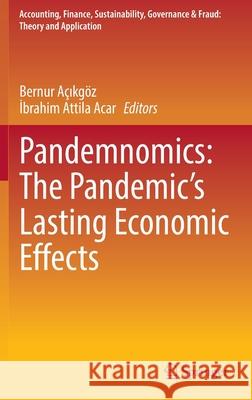Pandemnomics: The Pandemic's Lasting Economic Effects » książka
topmenu
Pandemnomics: The Pandemic's Lasting Economic Effects
ISBN-13: 9789811680236 / Angielski / Twarda / 2022 / 304 str.
Pandemnomics: The Pandemic's Lasting Economic Effects
ISBN-13: 9789811680236 / Angielski / Twarda / 2022 / 304 str.
cena 605,23
(netto: 576,41 VAT: 5%)
Najniższa cena z 30 dni: 578,30
(netto: 576,41 VAT: 5%)
Najniższa cena z 30 dni: 578,30
Termin realizacji zamówienia:
ok. 22 dni roboczych.
ok. 22 dni roboczych.
Darmowa dostawa!
Kategorie:
Kategorie BISAC:
Wydawca:
Springer
Język:
Angielski
ISBN-13:
9789811680236
Rok wydania:
2022
Ilość stron:
304
Waga:
0.60 kg
Wymiary:
23.39 x 15.6 x 1.75
Oprawa:
Twarda
Wolumenów:
01
Dodatkowe informacje:
Wydanie ilustrowane











